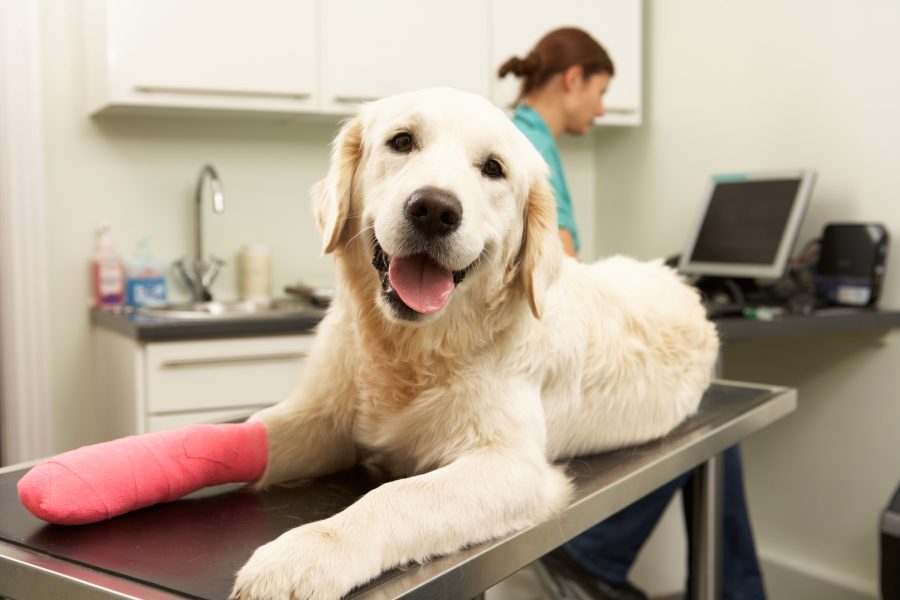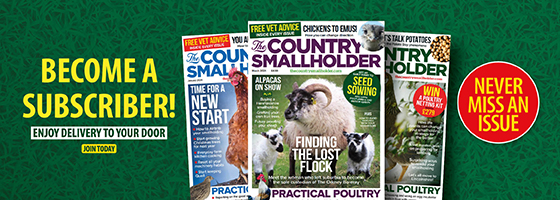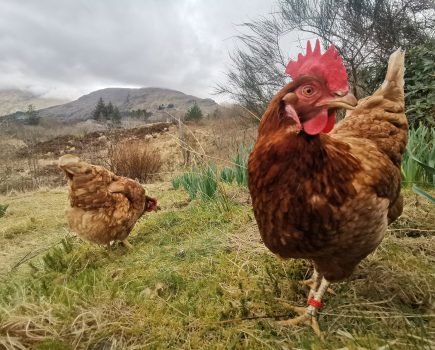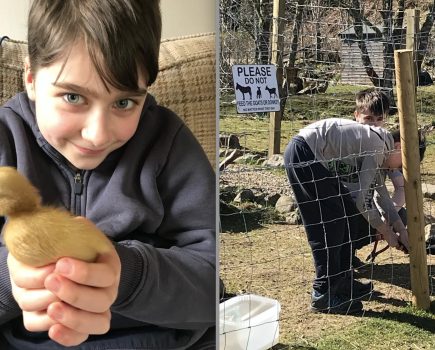The Competition and Markets Authority (CMA) is looking to launch a formal ‘market investigation’, following an initial review of the veterinary services market for pets.
The CMA outlined the following concerns:
- Consumers may not be given enough information to enable them to choose the best veterinary practice or the right treatment for their needs
- Concentrated local markets, in part driven by sector consolidation, may be leading to weak competition in some areas
- Large corporate groups may have incentives to act in ways which reduce choice and weaken competition
- The regulatory framework is outdated and may no longer be fit for purpose
The British Veterinary Association (BVA), which represents more than 19,000 vets across the UK, responded to the CMA’s concerns. British Veterinary Association President, Dr. Anna Judson, said: “The veterinary sector has changed significantly over recent years and the Competition and Markets Authority’s proposed investigation provides a valuable opportunity to reflect on how both veterinary teams and practices can continue to provide clients with the best possible service.
“Rising prices are a concern for everyone but it’s vital to recognise there is no NHS for pets. Whether they are employed by corporate or independently owned practices, vets deliver highly specialised, tailored care for the UK’s pets and the cost is a fair reflection of investment in medical equipment, supplies and medicines, and the time vet teams dedicate to the care of each patient. At theBritish Veterinary Association, we’re keen to see healthy competition and consumer choice and so we are already taking steps to support vet practices to be more transparent both in terms of costs and practice ownership. It’s important that clients have as wide a choice of vet practices as possible so they can find a service that best suits the needs of themselves and their animals.
“We’re pleased to see theC MA acknowledging the need for reform of the outdated Veterinary Surgeons Act and for regulation of vet practices, something we have been calling for. As the legislation stands, it’s not fit for purpose and is failing both vet teams and clients.
“It’s really important not to pre-empt the outcome of the CMA’s investigation. When the CMA launched its initial review, vet teams in practice found themselves on the end of really unpleasant, often abusive behaviour, which is unacceptable. It’s important to remember that vets enter this high-pressure profession out of genuine care for animals and will always prioritise their health and welfare.”
The RCVS have responded with Dr Sue Paterson FRCVS, President of the Royal College of Veterinary Surgeons, saying: “The fact that there has been such a large response to the CMA’s survey from veterinary professionals as well as animal owners is testament to the strength of feeling about the need for change to some parts of the veterinary sector. We know that owners care deeply about their animals, and that vets and vet nurses are hugely committed to maintaining the health and welfare of animals across the UK, and supporting public health.
“We feel it is important to recognise and thank vets and vet nurses fort his commitment, especially in the face of current workforce shortages and increased animal ownership.
“Whilst it is not in our remit as a professional regulator to influence business structures, local markets or price levels, we do recognise the CMA’s concerns over clarity of medicine supply options and pricing information. Our current guidance to the profession is already aligned with theCMA’s recommendations, but we know there is always more we can do to highlight these requirements to both the professions and the animal-owning public.”
The consultation ends on 11 April and more details can be found here.
More news like this can be found in The Country Smallholder magazine. Subscribe here.
For FREE updates from the world of smallholding, sign up for The Country Smallholder newsletter here.








